how to have an Ayurvedic pregnancy + postpartum
More and more, Western cultures are realizing the importance of incorporating more traditional, Eastern methods into their pregnancy and postpartum. This post will show you how to include Ayurvedic practices into your pregnancy and early days with a newborn.
What is ayurveda?
Ayurveda, which translates to the science of life, originated in India over three thousand years ago. It’s a medical approach that believes we have three energies, or doshas: data, pitta, and kappa. When someone has an illness comes from an imbalance in these three energies. These suggestions are intended to align your doshas during pregnancy and postpartum.
Ayurveda during Pregnancy
During pregnancy, it is believed that the vata dosha, which affects the nervous system, needs more attention.
Full fats and oils are important for weight gain and to develop the baby’s brain. This can come from coconut oil, nuts, seeds, avocados, full-fat dairy, and ghee.
A sattvic diet includes pure, fresh, organic and easily-digestible food, such as grains, beans, and vegetables. Raw food should be avoided.
An oil massage is beneficial for many reasons: it promotes self-love, prevents stretch marks, and promotes elasticity.
A slower pace is important. This can apply to an environment, by making fewer plans, but also to exercise by reducing high-impact movement.
For people suffering from heartburn, cooling food balances the heat. This includes things like yogurt, coconut milk or water, and cucumber.
Ayurveda during Postpartum
After having a baby, the vata dosha needs to be brought into balance.
Birth parents must rest. This allows for healing. The first forty days, a period of rest for the parent, is honored.
Keeping the parent warm is considered to be essential for healing in many cultures. This can be done by physically keeping warm (covering the ears, feet, and stomach,) and it can be done by eating warm food.
To heal, eating easily-digestible food is important. Food should support lactation and expel gas. This can include warm soups, ghee, and herbs. (The First Forty Days is a great guide with recipes.)
Staying hydrated is important for healing and lactation as well. Again, this approach believes cold drinks should be avoided, so usually room temperature or warm water is suggested.
Ready to learn more ways to prepare for pregnancy and postpartum? Book a prenatal meeting or VIP day with me! You can also learn more by following me on Instagram, Facebook, or Pinterest.
Hi! I'm Gigi; I'm a postpartum doula, mother to three toddlers, including twins, and a wife to my high school sweetheart.
I help families get the tools they need to prepare, so once baby arrives, they can focus on resting and bonding instead of researching or stressing. I’m here to streamline the newborn learning curve and help birth parents, partners, and other family members. There isn’t ONE way to have and raise a little human. I’m here to guide parents to find THEIR way so that they can thrive in the fourth trimester and beyond.



